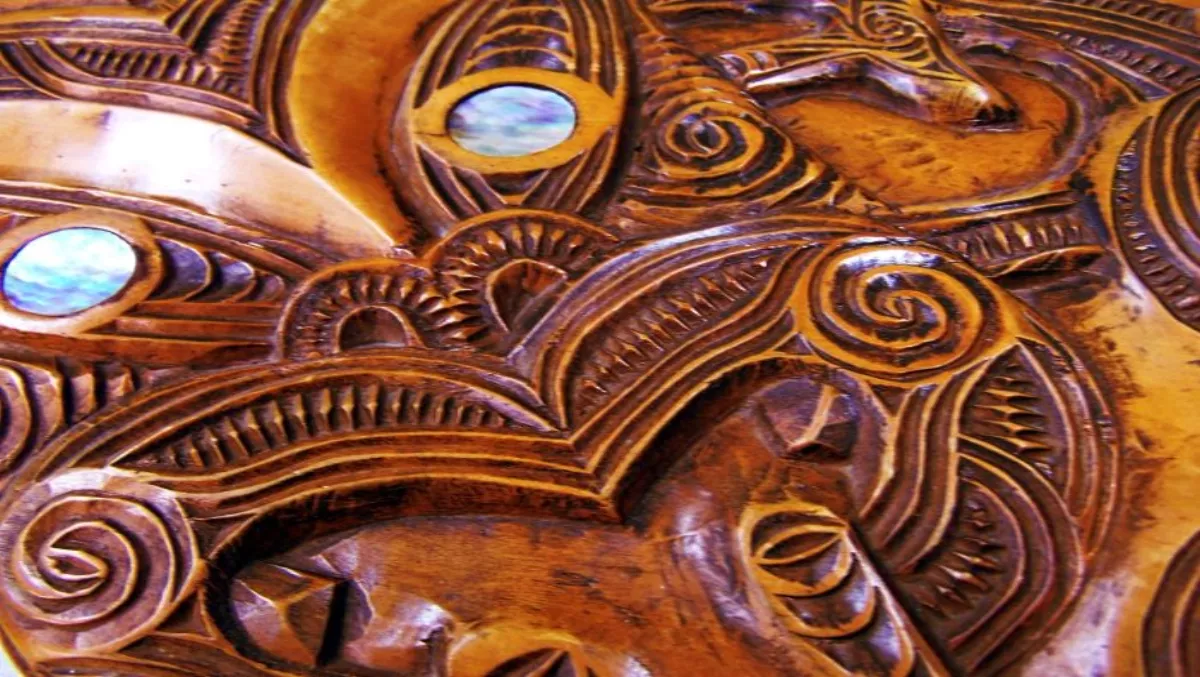
M?ori language added to Google Translator Toolkit
M?ori is one of 285 new languages added recently to the Google Translator Toolkit, helping translators to more easily bring the Maori language into the lives of New Zealanders. Google has been researching how its Translator Toolkit might impact small and minority languages since 2008, especially the ones for which Google Translate does not yet provide machine translation, like M?ori. Helping Google with its research was Dr Te Taka Keegan, M?ori language activist and senior lecturer in computer science at the University of Waikato, who spent the six months at Google's headquarters in Mountain View, California, investigating how Google technology might assist in minority language revitalisation. While at Google, Dr Keegan, focused on the impact that computer-aided translation (CAT) tools such as the Google Translator Toolkit might have on the M?ori language in particular. According to the 2006 census, 132,000 people in New Zealand can hold a conversation in M?ori (roughly 23% of M?ori, or 3% of all New Zealanders), and it is one of 7,000 languages in the world today that is currently under threat. "Computer-aided translation like the Google Translator Toolkit can help translators to be faster and more accurate, and also help to unify M?ori's written form. This in turn increases the quality of documents produced in M?ori and assists its propagation into many different media, including online. "Getting M?ori more easily online helps keep M?ori relevant in the age of the Internet and globalisation, and especially encourages use of M?ori by children who are ultimately responsible for bringing the language to future generations.” The Google Translator Toolkit helps translators to translate between 10,664 language pairs. It helps translators work faster and better thanks to tools like terminology and translation memory management. Today's release will help both amateur and professional translators translate from 31 source languages into 345 of the world's majority and minority languages, and builds on Google's commitment to universally accessible information on the web. http://googleblog.blogspot.com/2009/10/google-translator-toolkit-and-minority.html

